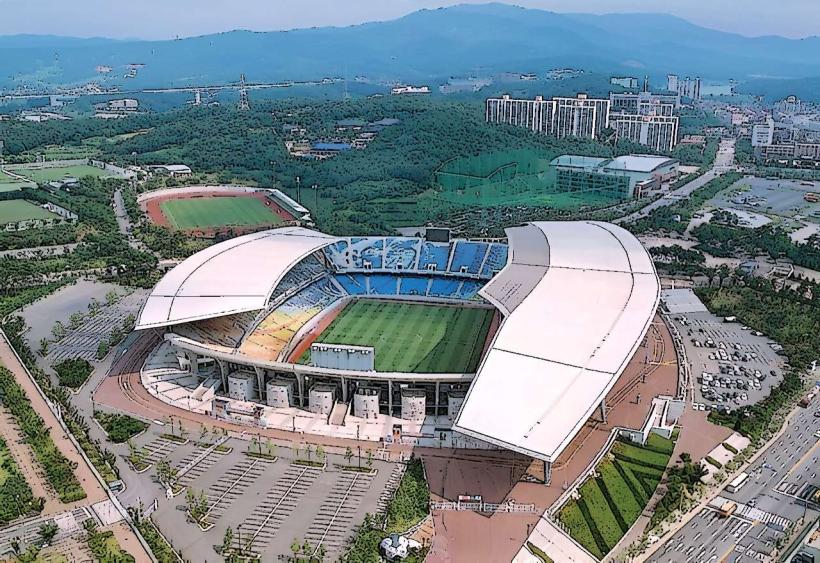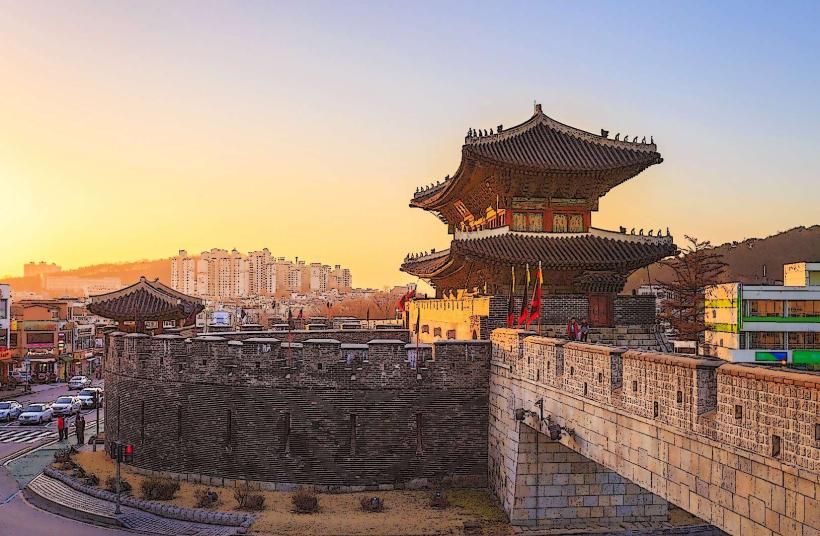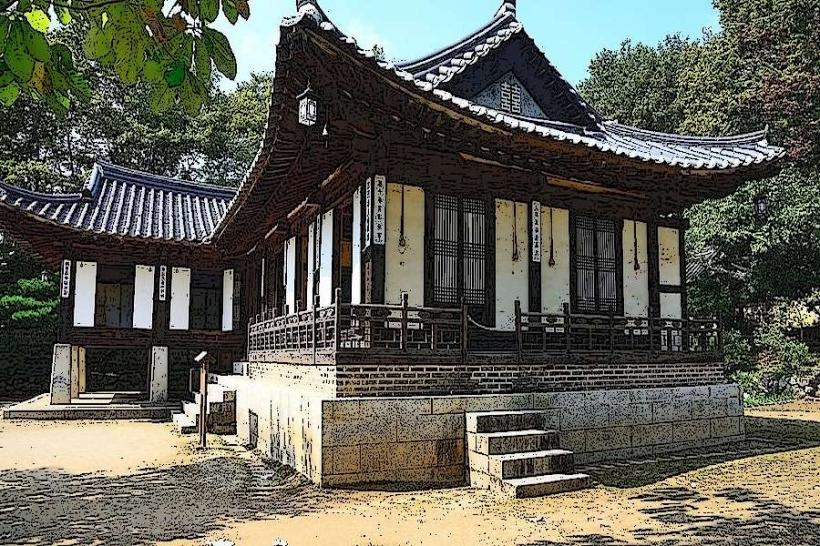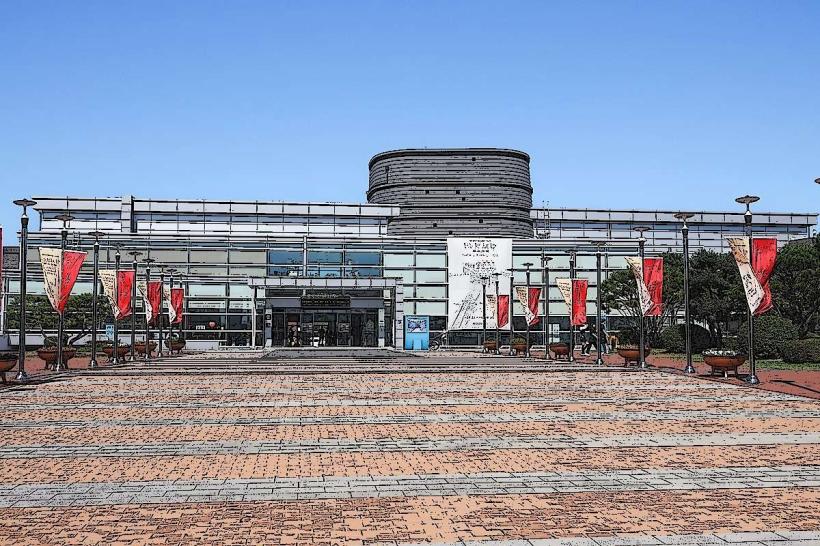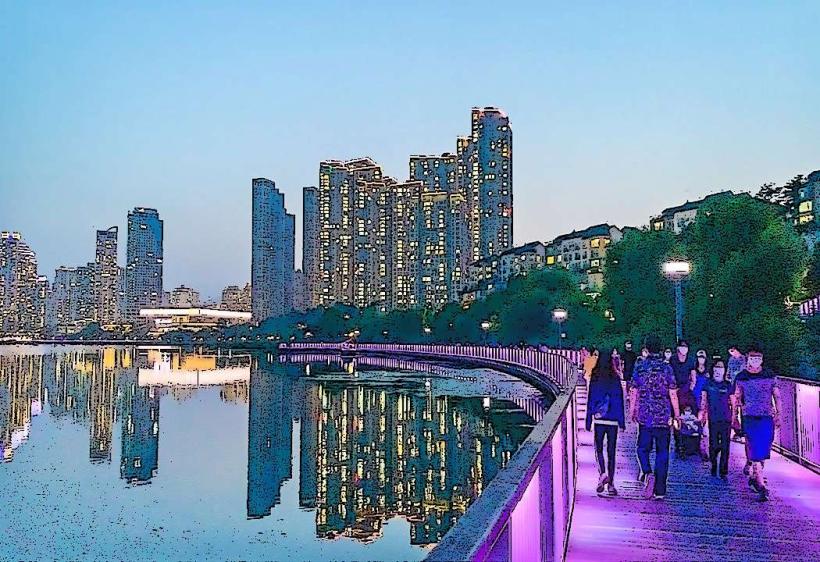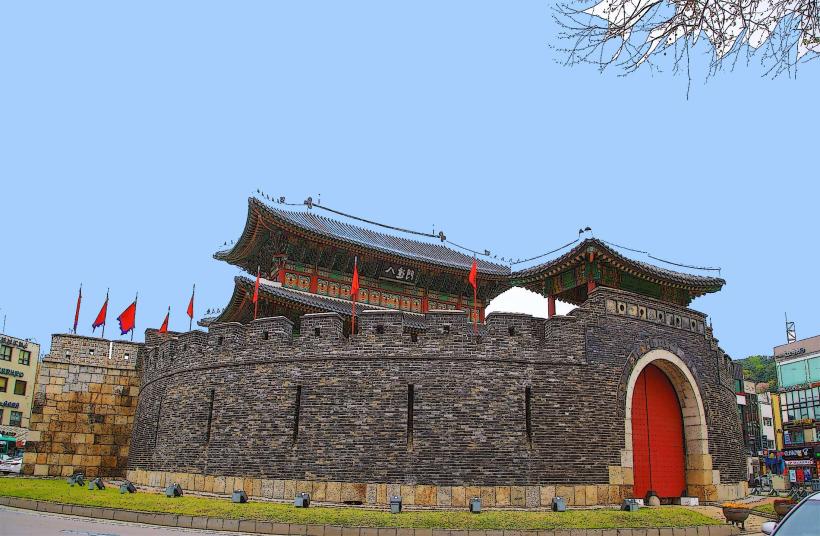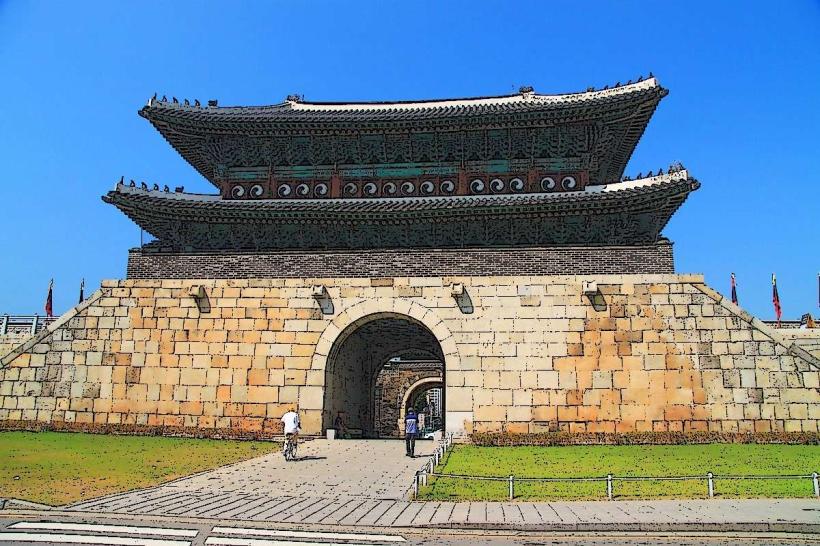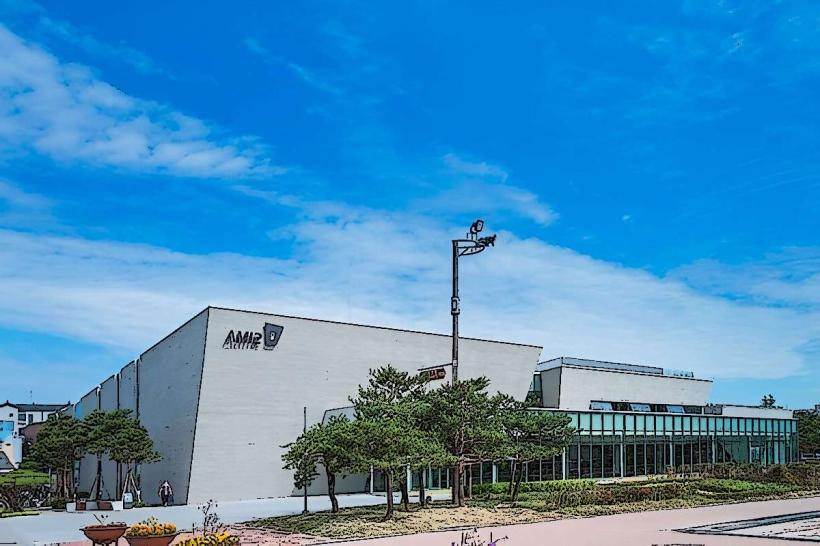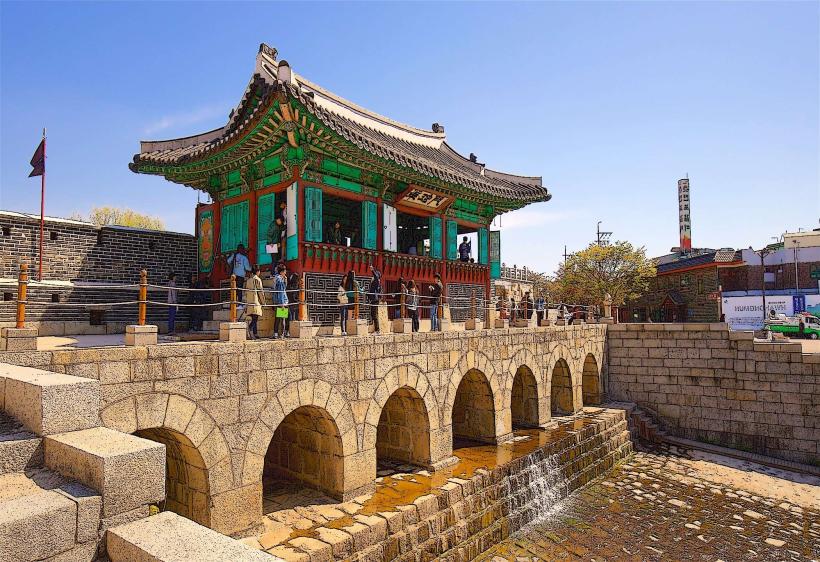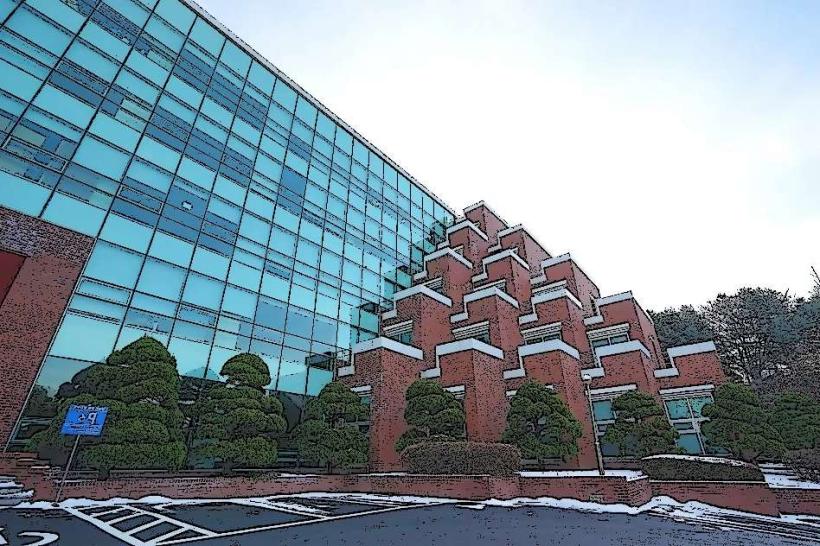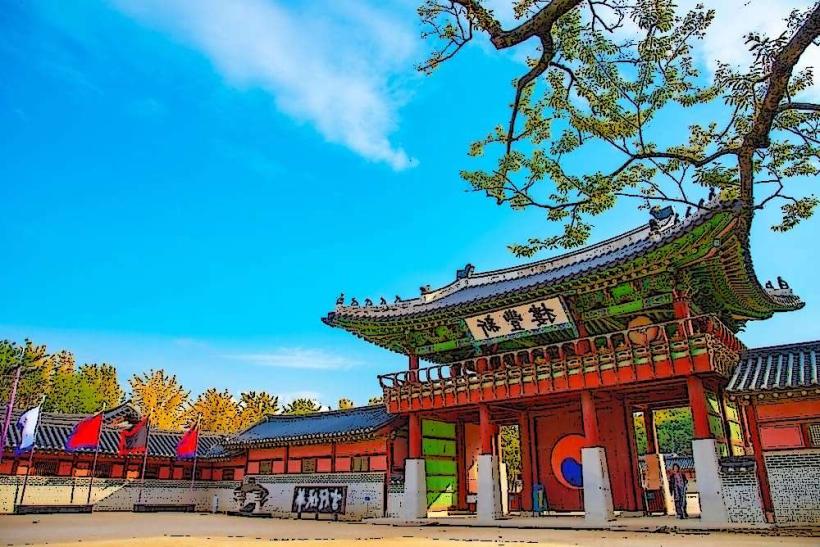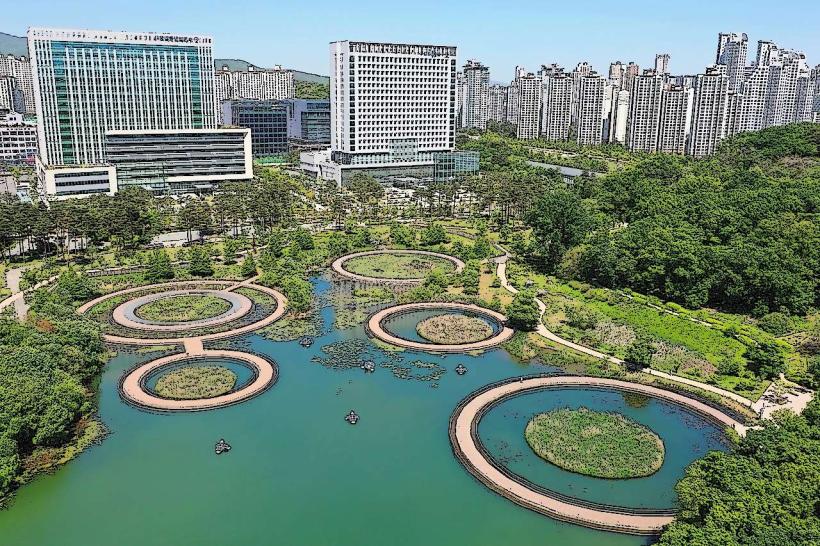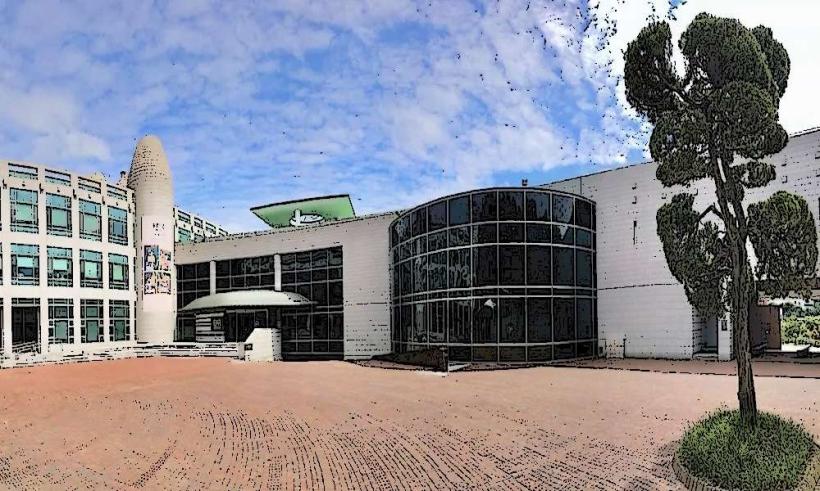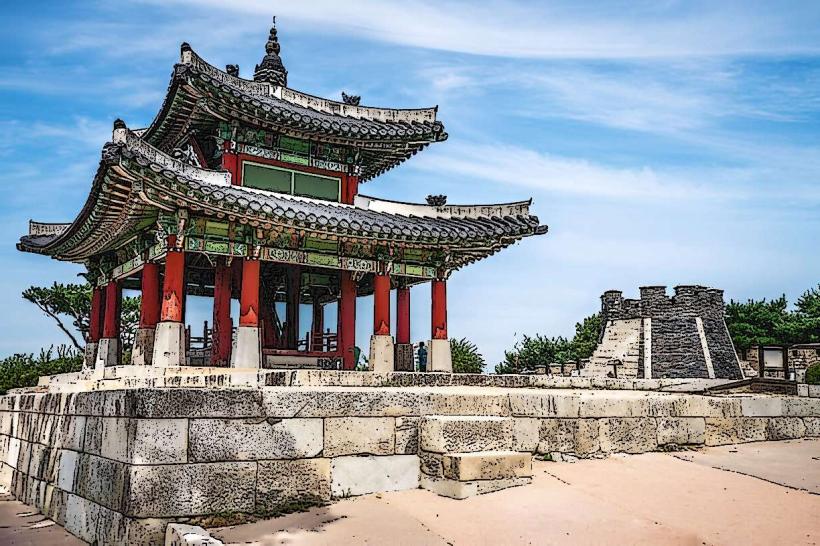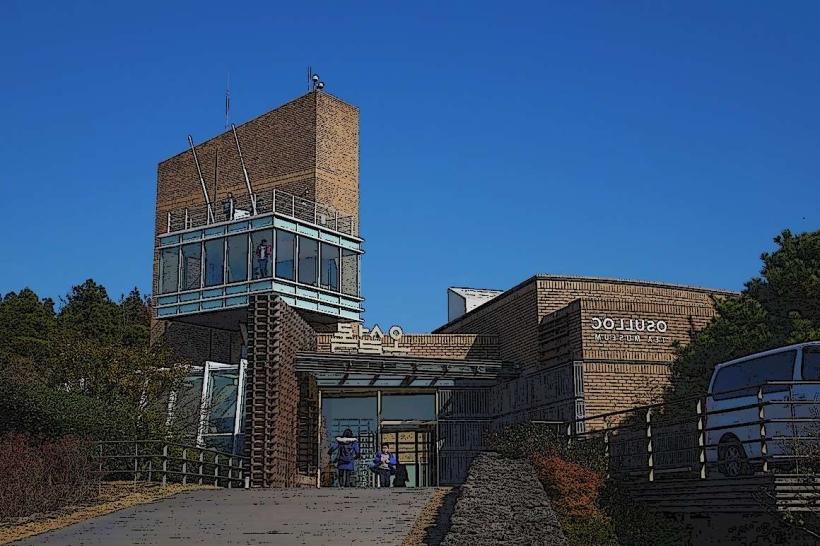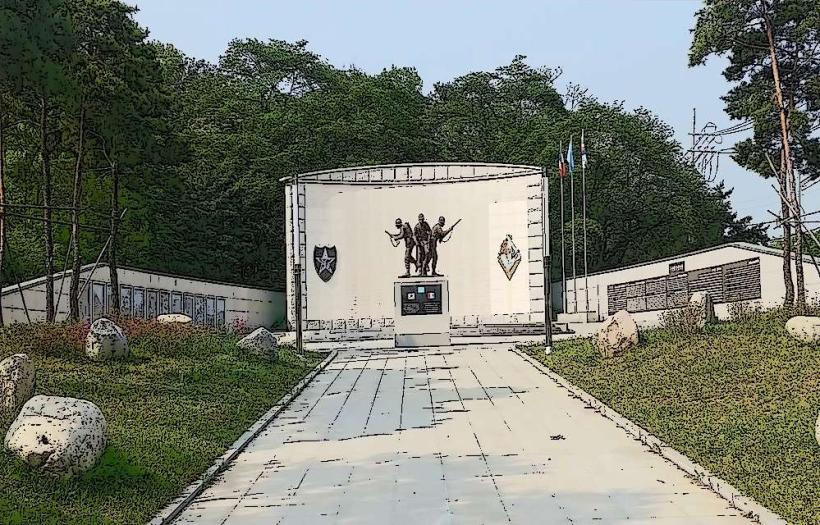Information
City: SuwonCountry: South Korea
Continent: Asia
Suwon, South Korea, Asia
Suwon is the capital of Gyeonggi Province and a major satellite city of Seoul. It is a unique combination of a "Samsung City" industrial powerhouse and a UNESCO-recognized historical center. It is the only remaining completely walled city in South Korea.
Historical Timeline
Suwon’s modern identity was forged in 1794–1796 by King Jeongjo of the Joseon Dynasty. He attempted to move the capital here from Seoul and built the Hwaseong Fortress to house the tomb of his father, Prince Sado. While the capital move never occurred, Suwon became a strategic fortress city. In the late 20th century, it transformed into a global tech hub with the establishment of Samsung Electronics headquarters and R&D centers in the Yeongtong district.
Demographics & Population
The 2026 estimated population is approximately 1.22 million. It is the most populous municipality in South Korea that is not a metropolitan city (Special Case City status). The demographic is highly influenced by the presence of major universities (Sungkyunkwan, Ajou) and tens of thousands of tech professionals, resulting in a highly educated, middle-class population.
Urban Layout & Key Districts
Paldal-gu: The historic heart, containing the fortress, palace, and traditional markets.
Yeongtong-gu: The "Samsung district," featuring modern apartments, high-tech campuses, and Gwanggyo Lake Park.
Jangan-gu & Gwonseon-gu: Primarily residential and administrative zones with older urban infrastructure.
Top City Landmarks
Suwon Hwaseong Fortress: A 5.74 km UNESCO World Heritage wall that encircles the city center.
Hwaseong Haenggung Palace: The largest temporary royal palace in Korea, used by kings during visits to the fortress.
Starfield Suwon: A massive lifestyle complex (opened 2024) featuring the 4-story high Starfield Library.
Gwanggyo Lake Park: One of Korea's largest urban lake parks, known for its futuristic night lighting.
Samsung Innovation Museum (SIM): A museum dedicated to the history of the electronics industry.
Toilet House (Haewoojae Museum): A quirky, toilet-shaped museum dedicated to sanitation and world health.
Transportation Network
Suwon is a critical node in the Seoul Metropolitan transport grid.
Rail: Suwon Station is a major hub for the KTX (high-speed rail), ITX, and Metro Line 1. The Suin-Bundang Line connects it to Incheon and Gangnam.
GTX-C: As of 2026, work on the Great Train eXpress (GTX) is significantly reducing travel times to central Seoul to under 30 minutes.
Bus: The city has an extensive red express bus network (e.g., 7770, 3000) that runs 24/7 to Seoul.
Payment: T-money is the standard. Note that the Seoul "Climate Card" has limited functionality for trips terminating in Suwon.
Safety & "Red Zones"
The safety level is extremely high. There are no "red zones." The city is well-lit and monitored. The area around Suwon Station can be crowded and chaotic late at night with nightlife traffic, but violent crime is rare. Standard caution regarding traffic is advised as Suwon has several of Korea's most congested intersections.
Digital & Financial Infrastructure
Internet speeds average 400+ Mbps with universal 5G and 6G testing in tech zones. Credit cards are accepted everywhere. The Suwon Pay local currency (via the Gyeonggi-do local currency app) offers 6–10% incentives and is widely used at small businesses and markets. For 2026, the city has expanded digital administrative services via the "Smart Suwon" platform.
Climate & Air Quality
Winter: Cold and dry. As of late January 2026, Suwon is experiencing a Cold Wave Caution with temperatures dropping to -14°C.
Summer: Hot, humid, and prone to heavy rain in July.
Air Quality: Generally moderate. Being inland, it can trap fine dust (PM2.5) more than coastal Incheon, requiring N95 masks during peak "Yellow Dust" days in spring.
Culture & Social Norms
Suwon is known as the "City of Filial Piety" due to King Jeongjo’s devotion to his father. Tipping is not practiced. The city’s culinary claim to fame is Suwon Galbi (marinated beef ribs)-it is considered the best in Korea. The "Chicken Alley" near Paldalmun Market is also a major cultural staple, famous for its whole fried chicken.
Accommodation Zones
Ingye-dong: The primary commercial/nightlife district with the highest density of business hotels.
Gwanggyo: Best for luxury stays (Courtyard by Marriott) and modern lake views.
Suwon Station Area: Best for short-term transit and budget options (Novotel, AK Plaza access).
Local Cost Index
1 Espresso: 4,500 KRW ($3.35 USD)
1 Standard Lunch (Galbitang): 15,000 KRW ($11.10 USD)
1 Cinema Ticket: 15,000 KRW ($11.10 USD)
Nearby Day Trips
Korean Folk Village (Yongin): 20 minutes by bus; a massive living museum of Joseon life.
Everland: 40 minutes; Korea’s largest theme park.
Uiwang Rail Bike: 15 minutes; a scenic rail-cycling path around Wangsong Lake.
Facts & Legends
Suwon's city walls were built using Geojunggi (a heavy-lifting pulley system) designed by the scholar Jeong Yak-yong, which was revolutionary for the 18th century. A local legend says that the spirit of Prince Sado protects the city from the heights of Paldalsan Mountain. A verified historical oddity is that the city's Paldalmun Gate is detached from the rest of the wall, standing as a majestic "island" in the middle of a modern traffic circle.

